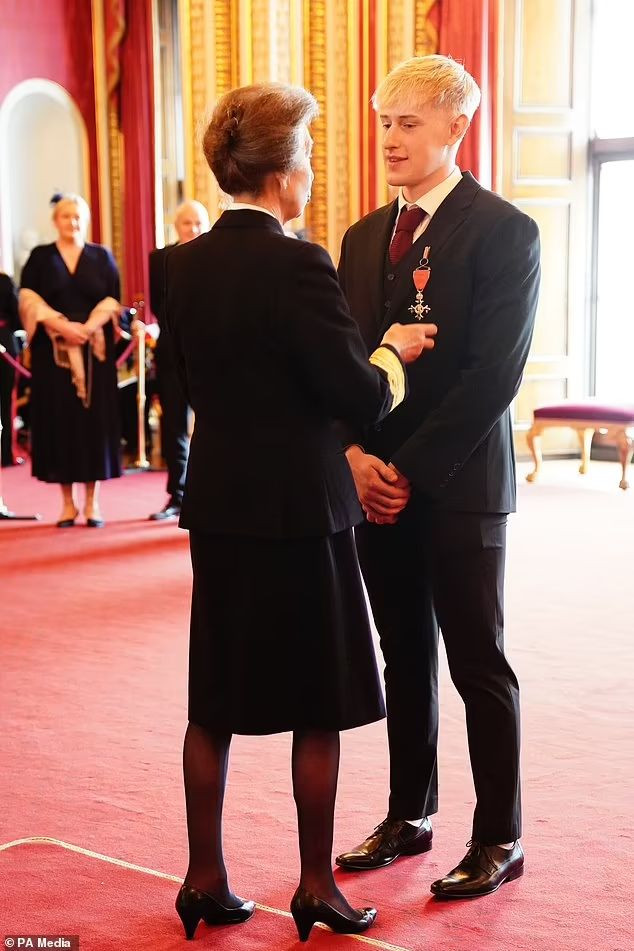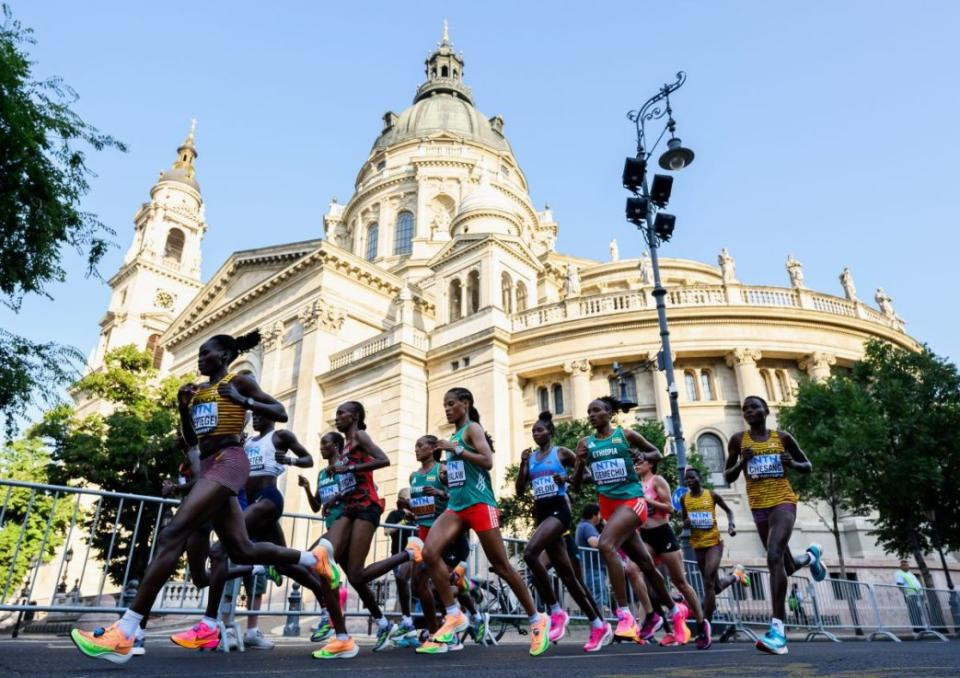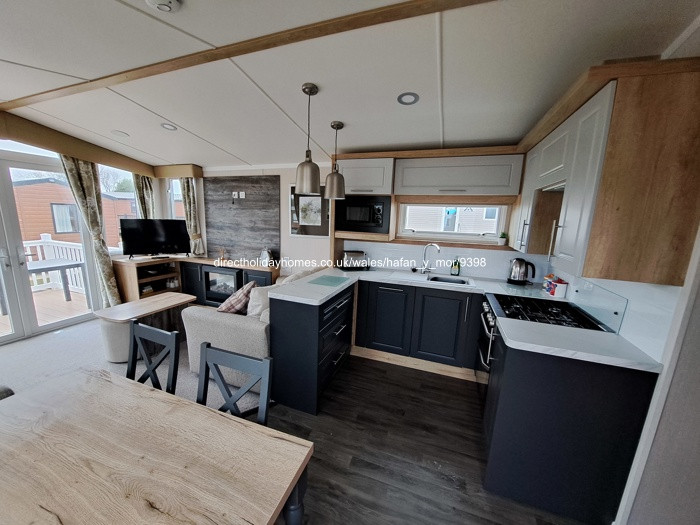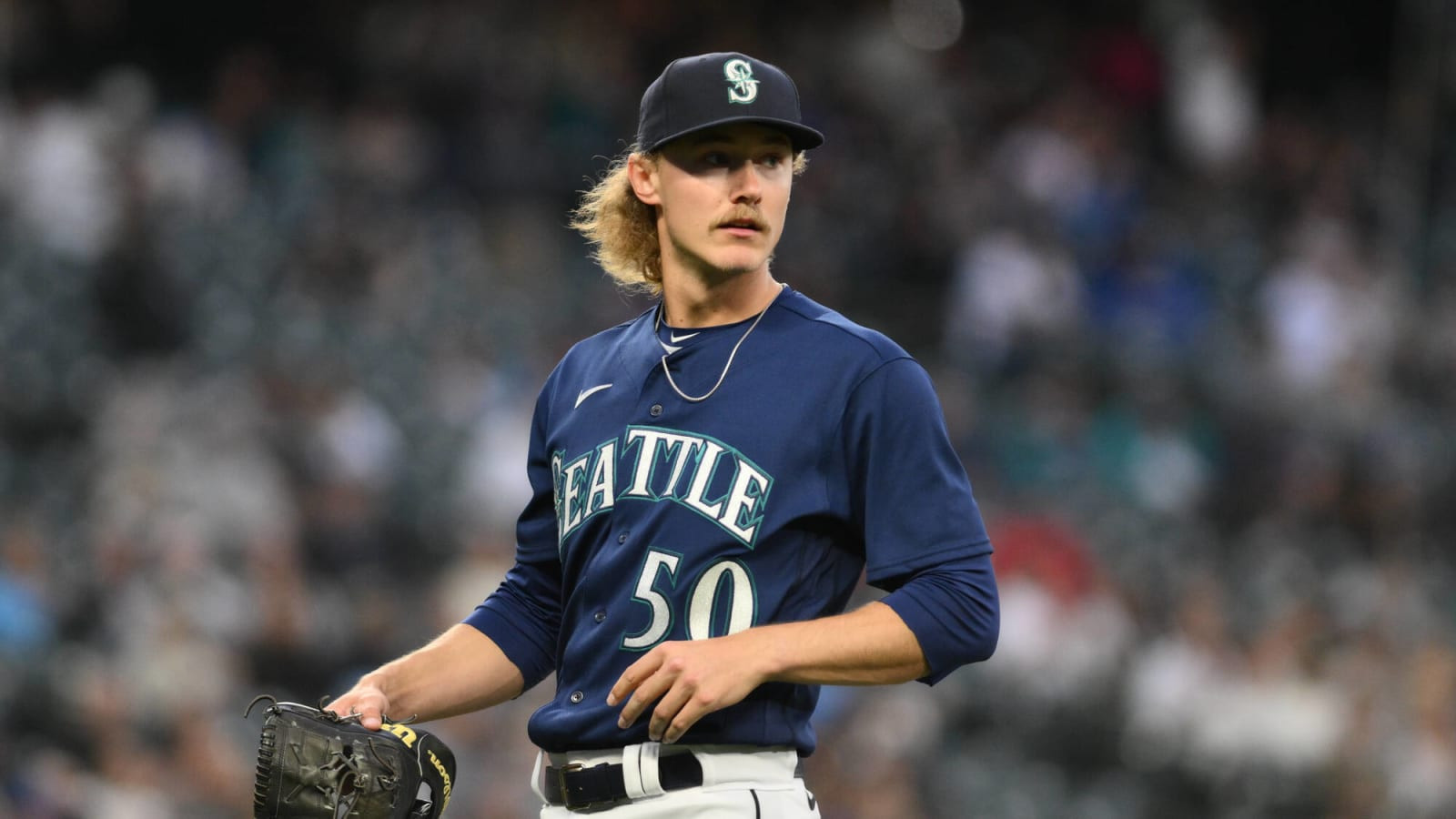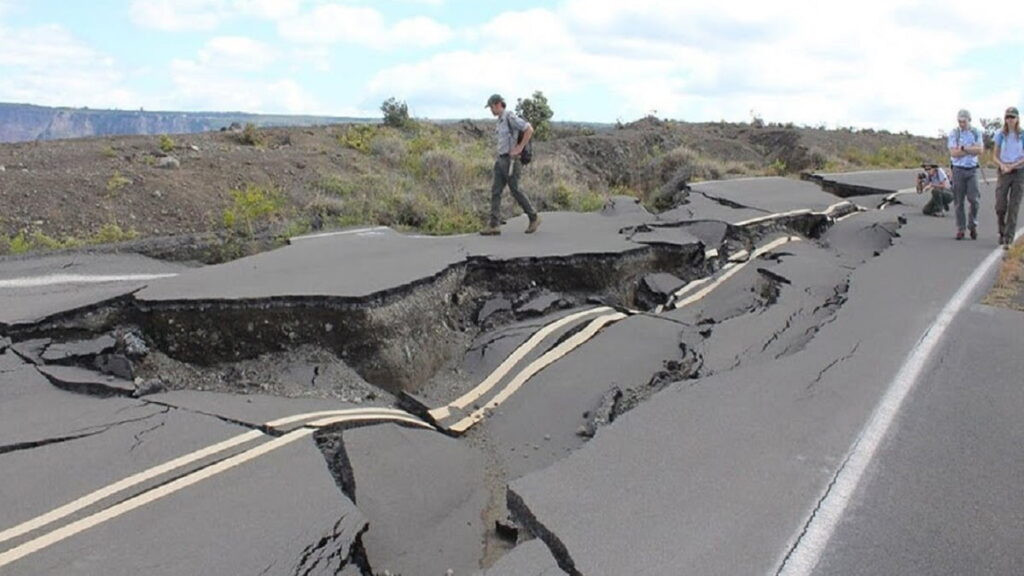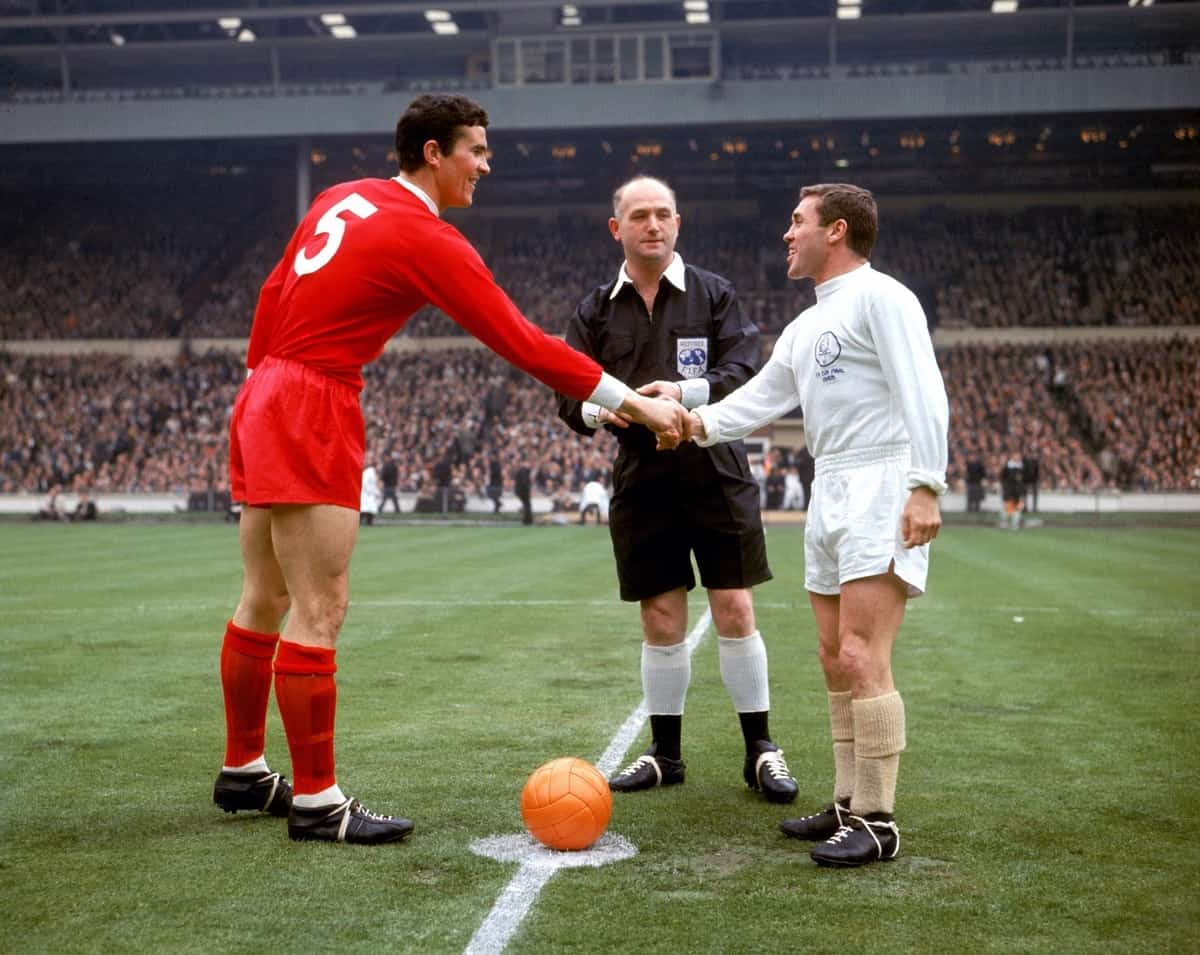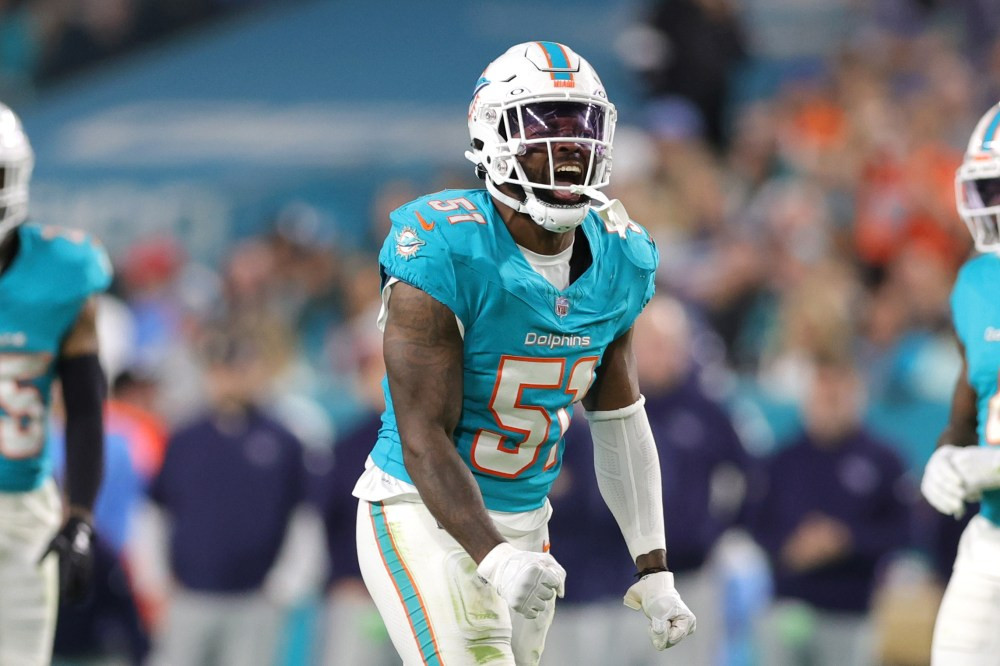Paris: Rowan Crothers, a veteran swimmer and unofficial leader of the Australian Paralympic team, wants to have an important conversation about disability, especially the invisible kind, on the eve of the Games in Paris.
“It’s so frustrating that the disability conversation a lot of the time is so focused on the things that we can’t do, instead of focusing on the things we can do,” Crothers said.
Crothers was born 15 weeks premature and has cerebral palsy, but walk past the 26-year-old on the streets of Paris and you wouldn’t have any idea. However, disability comes in many different forms. In Crothers’ case, it’s not the kind that is easily identifiable, which hasn’t always made life easy.
He wants to be recognised for his feats in the pool rather than being yet another Paralympian with a story of overcoming adversity – not that he’s not proud of that.
“I’ve come a long way. It sounds weird to say, but I’m glad I got bullied at school. I would stay at home because if I went to school – my classroom was at the very top of the stairs – I’d get pushed down the stairs by other kids. It was horrible treatment.
Crothers is admired by teammates and the Australian swimming community. He wants to use his platform for the better while he’s in Paris.
He is aiming for gold in his 50m and 100m freestyle events, and is also on a mission to become the first Paralympic swimmer to go under 50 seconds for the 100m freestyle.
“What I love so much about the Paralympics is the opportunities that it does give me to be that role model, to be that inspiration, to be able to put people with disability and people with invisible disability on a platform and spread that positive messaging out there,” Crothers said.
“I feel like the potential is there for Paris to be massive. We’re seeing in the Australian and international media landscape that people are really getting among the idea that sport is more than just sport.”
A Champion Against Discrimination
Crothers wants to use his platform to combat the discrimination and ignorance he experienced growing up. The same kids who bullied Crothers at school – in front of teachers who sometimes turned a blind eye – have reached out to him in the years since his success on the international stage, which has included two gold medals in Tokyo, where he famously fell off the lane rope celebrating one victory.
“When I was growing up, I was still seen as just that clumsy kid by the teachers,” Crothers said. “I’d get pushed downstairs and teachers would just walk past like, ‘Oh, that’s fine, whatever.’ There was that lack of awareness and understanding from all people.
“You also see the way that discriminatory language has changed, not just for disability, but in general. People used to call other people gay and think that was funny. Whereas it’s insulting because it’s referring to someone’s sexuality in a derogatory manner.
“In some ways, it’s getting better, but it still grinds my gears. I often see young people say, ‘That’s so autistic.’ It’s disgusting. Autism is a disability, but it’s not a negative thing.”
Even today, despite major improvements in recognition for athletes with disabilities, Crothers is determined to prevent youngsters being unfairly treated, particularly when their impairment does not catch the eye.
The Importance of Advocacy
It stems from his parents’ attitude of looking to the best-case scenario for their son rather than the opposite.
“Doctors would say to my parents, ‘Rowan is never going to be independent in life and would never be able to walk. He’ll need to eat off a feeding tube for the rest of his life.’ It was like that every single time,” Crothers said. “Mum and Dad just said, ‘Why is this the worst-case scenario that we’re being given? Why not fight as hard as we can to try and give Rowan the best opportunities, not to be a Paralympian, just to be independent.’
“The really unfortunate thing is there are still kids that are coming through with milder physical disabilities that are being denied opportunities to participate in sporting environments. There’s a boy who I know, who is 17 or 18 now, and he has mild cerebral palsy. He also is autistic, and he was denied entry to so many different pools and denied access to so many different swimming programs because the coaches and the facility managers and everyone took a look at him and said that it would be too difficult to accommodate for him.
“It breaks my heart to see that and to think about, given his disability is the same as mine. He is the nicest, loveliest kid ever.”
A Promise of Gold
Crothers has tweaked his swimming technique ahead of Paris and finds that he has more control over his stroke when he’s not going at maximum intensity. He is quietly confident of putting on a show.
Perhaps another celebration on top of the lane rope if he wins?
“The emotion that I felt in that moment in Tokyo was so incredible,” Crothers said. “I love the fact that I fell over on live TV in front of an audience of tens of millions of people around the world. I think that’s pretty cool to be able to say.”
The Paris 2024 Paralympic Games is live and free on Channel 9, 9Gem and 9Now and ad-free on Stan Sport.
Copyright © 2024




